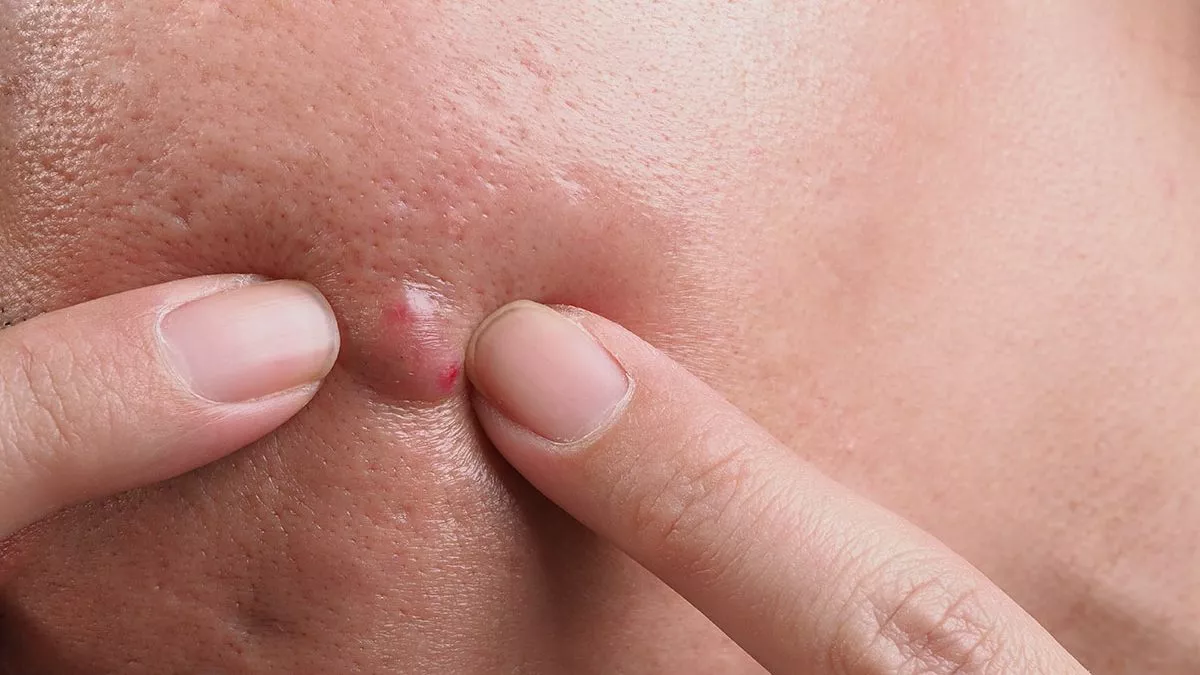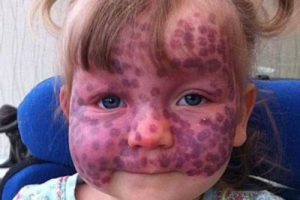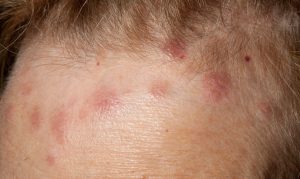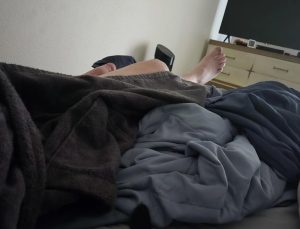NEWS. Painful Bump on Your Face? The Truth May Surprise You
A sudden, unusual bump on the face can be alarming, especially if it appears red, swollen, or painful. While some bumps are harmless, others may indicate underlying skin infections or inflammation that require medical evaluation. This article provides a fact-based guide to help you understand the most common causes of facial bumps and when to seek professional help. All information presented is based on reputable medical sources and avoids speculation or unverified claims.

What Is a Skin Bump?
A skin bump refers to any localized area of swelling or protrusion that stands out from the surrounding skin. On the face, such bumps may be more visible and concerning due to the area’s sensitivity and cosmetic importance. These bumps can vary in size, texture, color, and underlying cause. They may be filled with fluid, pus, or composed of fatty or fibrous tissue.
According to the American Academy of Dermatology (AAD), common causes of facial skin bumps include cysts, boils, nodular acne, swollen lymph nodes, lipomas, or infections. Recognizing the characteristics of each can help determine whether it is a temporary issue or a condition requiring treatment.

Sebaceous Cysts: Common but Often Benign
Sebaceous cysts are among the most frequent causes of noticeable facial bumps. These cysts form when sebaceous glands—responsible for producing oil (sebum)—become blocked or damaged. The result is a round, slow-growing bump that may move slightly under the skin.
These cysts are usually painless unless they become infected, in which case they may swell, redden, and produce discharge. According to the Cleveland Clinic, sebaceous cysts are typically harmless but may be removed surgically if they become bothersome or inflamed.

Boils: Painful Infections of Hair Follicles
Boils, also known as furuncles, are deep skin infections that begin in hair follicles or oil glands. They are often caused by Staphylococcus aureus, a type of bacteria commonly found on the skin.
Boils begin as red, tender lumps and quickly fill with pus. As they grow, the center becomes soft and yellow or white as the infection comes to a head. The Centers for Disease Control and Prevention (CDC) advises against squeezing boils, as this can spread the infection or worsen inflammation. Treatment often involves warm compresses, topical or oral antibiotics, and in some cases, medical drainage by a healthcare professional.

Nodulocystic Acne: Severe and Painful
Nodulocystic acne is a severe form of acne that results in large, deep lesions called nodules or cysts. Unlike typical acne, these lesions are inflamed and extend below the skin’s surface, often leading to scarring.
The American Academy of Dermatology recommends professional treatment for nodulocystic acne, which may include prescription oral antibiotics, hormonal therapy, or isotretinoin (a powerful retinoid used under strict medical supervision). Left untreated, this condition can lead to permanent skin damage and psychological distress due to its visible nature.

Swollen Lymph Nodes: Often a Response to Infection
Not all lumps under the facial skin are related to the skin itself. Sometimes, the cause is an underlying lymph node responding to infection or inflammation. Lymph nodes are part of the body’s immune system and may swell when fighting off infections such as sore throat, dental abscess, or viral illnesses.
According to the National Institutes of Health (NIH), swollen lymph nodes are usually soft, movable, and smaller than 1.5 cm. However, if the swelling is persistent, firm, or accompanied by systemic symptoms like fever or weight loss, a medical evaluation is necessary to rule out more serious conditions.

Lipomas: Soft, Painless Fatty Growths
A lipoma is a benign growth composed of fat cells. It often presents as a soft, rubbery lump under the skin and is typically painless. Though lipomas are more common on the body than the face, they can still appear on facial areas, especially the cheeks or neck.
The Mayo Clinic states that lipomas do not pose any health risk and usually do not require treatment unless they grow large, cause discomfort, or interfere with movement or appearance. Surgical removal is a simple and effective option when necessary.
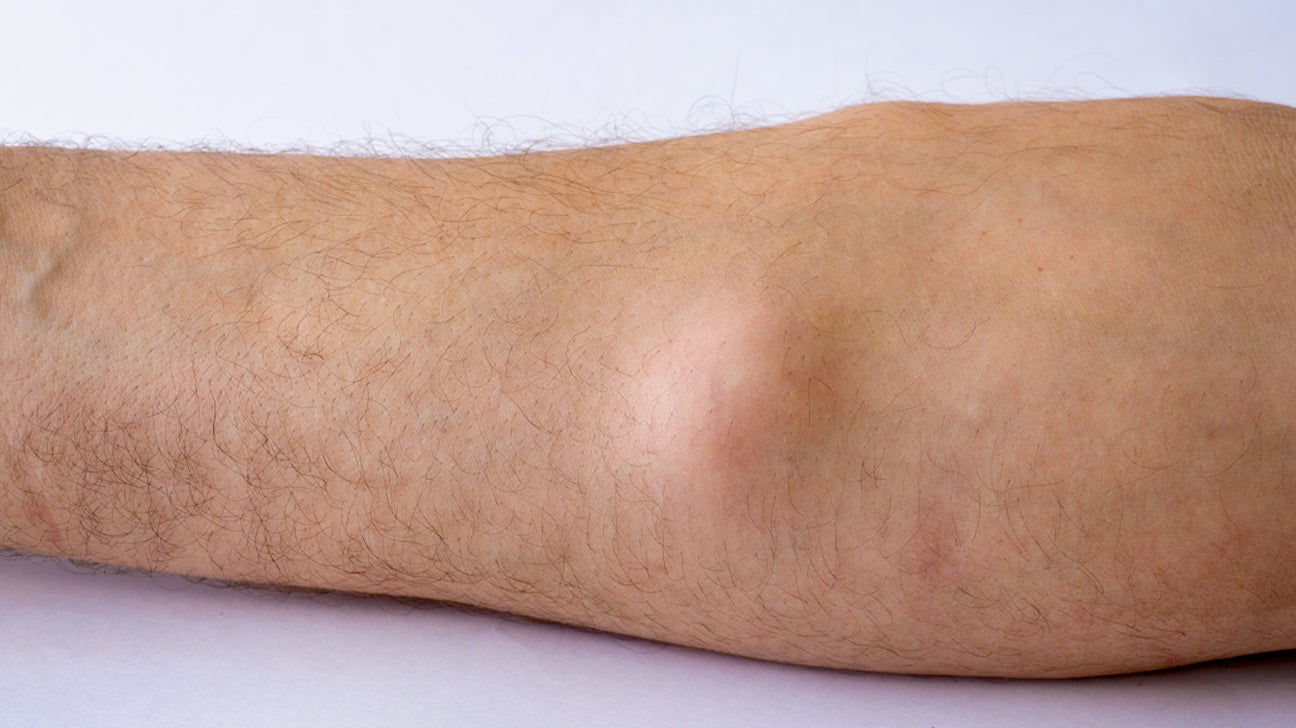
When to See a Doctor
While most facial skin bumps are not life-threatening, you should consult a healthcare provider if:
-
The bump appears suddenly and grows quickly
-
It is painful, red, or producing pus
-
You develop a fever or feel unwell
-
The bump does not heal after two weeks
-
It interferes with daily activities or facial movement
-
You notice additional lumps in other areas
A dermatologist may use physical examination, medical history, or diagnostic imaging such as ultrasound to identify the cause and recommend appropriate treatment.

Treatment Options
The treatment of a skin bump depends entirely on its cause. Here are general approaches backed by medical guidelines:
-
Sebaceous cysts may require drainage or minor surgery if infected or bothersome.
-
Boils often respond to warm compresses, but more severe cases need antibiotics or drainage.
-
Nodulocystic acne typically needs prescription medications like oral antibiotics or isotretinoin.
-
Swollen lymph nodes often resolve once the underlying infection is treated.
-
Lipomas may be left alone unless they grow too large or become uncomfortable.
It is important not to self-diagnose or attempt to pop, drain, or squeeze any facial bump at home, as this can lead to infection or scarring.
Prevention Tips
Maintaining good skin hygiene and healthy habits can help prevent many skin conditions. Consider the following tips:
-
Wash your face twice daily with a gentle, non-comedogenic cleanser
-
Avoid squeezing pimples or touching your face frequently
-
Use clean shaving tools and avoid sharing personal hygiene items
-
Choose skincare and cosmetic products labeled as “non-comedogenic” or “oil-free”
-
Maintain a balanced diet and stay hydrated
-
Manage stress, which can trigger skin breakouts in some individuals
The National Eczema Association also advises using fragrance-free products to reduce the risk of skin irritation and allergic reactions.
Conclusion:
A weird skin bump on the face can be alarming, but most cases are not serious and can be treated effectively with medical guidance. Whether the cause is a cyst, boil, acne, or another condition, timely consultation with a healthcare provider ensures the best outcomes and reduces the risk of complications. If in doubt, seek professional care rather than relying on home remedies or internet advice.
Sources:
-
American Academy of Dermatology (www.aad.org)
-
Cleveland Clinic (my.clevelandclinic.org)
-
Mayo Clinic (www.mayoclinic.org)
-
Centers for Disease Control and Prevention (www.cdc.gov)
-
National Institutes of Health (www.nih.gov)
